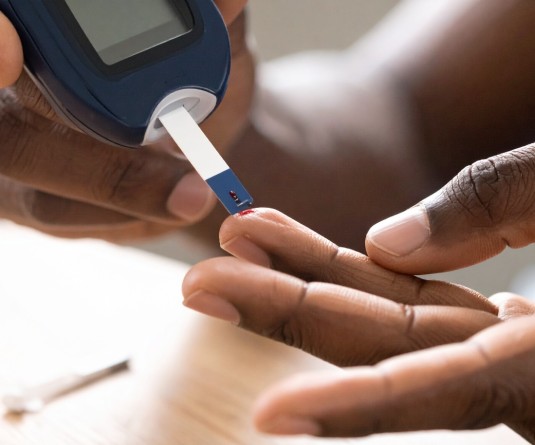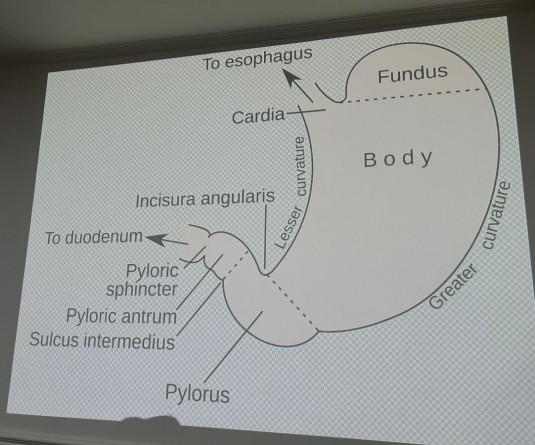Kolkata: Activists wear skeleton masks and outfits during an anti-tobacco rally on the occasion of World No Tobacco Day, in Kolkata on Saturday, May 31, 2025. (Photo: IANS)

New Delhi, October 7 (IANS) Even as oral cancer is becoming a major public health issue in India, a new study on Tuesday urged the need for more effective warning signs on tobacco products to help prevent the risk of mouth cancer, which affects the tissues in the mouth and throat.
Despite having a law regulating tobacco production and sale, a national programme for tobacco control and prevention, and a national programme for oral cancer prevention and screening in place, the burden of oral cancer continues to rise in India.
With over 1,35,000 new cases reported annually, India reports the highest burden of oral cancer globally. Although preventable, the country accounts for nearly one-third of the global incidence of the disease, as per GLOBOCAN 2020 and the National Cancer Registry Programme.
"The warning sign on tobacco products is the most effective way of reaching out to tobacco consumers. Research should focus on designing more effective warning signs to prevent tobacco use initiation and promote tobacco cessation," Parth Sharma, Department of Community Medicine, Maulana Azad Medical College, New Delhi, told IANS.
A study, led by Sharma and other researchers, including Mongjam Meghachandra Singh, Amod Laxmikant Borle from the varsity, revealed significant gaps in awareness regarding tobacco-related oral cancer risks and preventive measures among patients with oral cancer.
The cross-sectional study, conducted from August 2023 to June 2024, included 116 adult patients with confirmed oral cancer.
The paper, published in the journal ecancer, showed that 54.3 per cent of participants used smokeless tobacco, 10.3 per cent were smoking, and 27.6 per cent were using both.
Most consumed tobacco daily, with 52.6 per cent quitting tobacco consumption after getting diagnosed with oral cancer.
About 66.4 per cent were aware of the link between tobacco and oral cancer, primarily from tobacco packaging (48.1 per cent) and anti-tobacco advertisements (36.3 per cent).
However, all were unaware of the early symptoms of oral cancer and self-examination methods, and only 7.8 per cent knew of laws regulating tobacco.
Awareness that tobacco causes cancer was significantly higher among literate participants, those who noticed the warning sign, and those who felt fear from the warning signs on tobacco products.
The researchers called for targeted awareness campaigns and improved access to screening, which could help reduce oral cancer in India.
"Healthcare workers need to play a more active role in educating everyone coming in contact with the health system on the harmful effects of tobacco," Sharma said.





